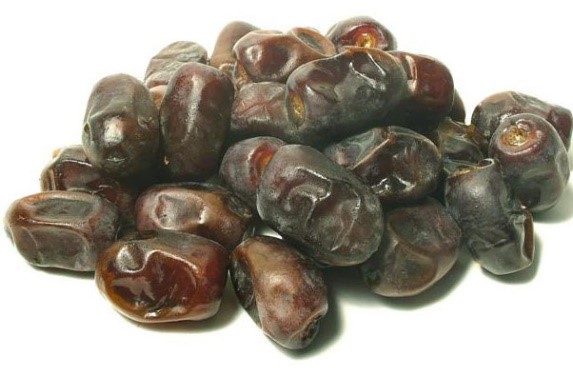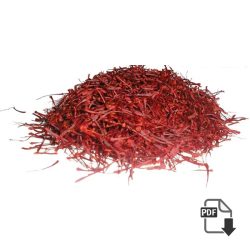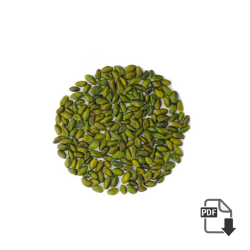Updated 2024
—| history of raisin |—
Raisin TimeLine History
Leaving fruits out to dry in the sun and air is one of the oldest methods of preserving food-whether it’s turning grapes into raisins, or fresh figs, dates, apricots, and plums into their dried counterparts. history of raisin
Raisins and dried fruits are simple, wholesome foods, grown by nature and “made” by men and women the same way for thousands of years — long before artificial, frozen, canned, or processed foods.
People have enjoyed raisins since the earliest days of civilization. The early Phoenicians and Egyptians were responsible for expanding the popularity of raisins throughout the Western world. Due to their long-term storability and ease of transport, raisins traveled with Christopher Columbus tickled George Washington’s palate at Mount Vernon, helped fuel Robert E. Peary’s conquest of the North Pole in 1908, and accompanied astronaut Scott Carpenter in outer space in 1962…
Please for more information or any inquiry click here ……
The first raisins
It’s probably safe to say that raisins were discovered by man the first time he found them accidentally dried out on the vine. But it took several hundreds of years before he determined which of the 8,000 varieties of grape genus would produce the best raisins.
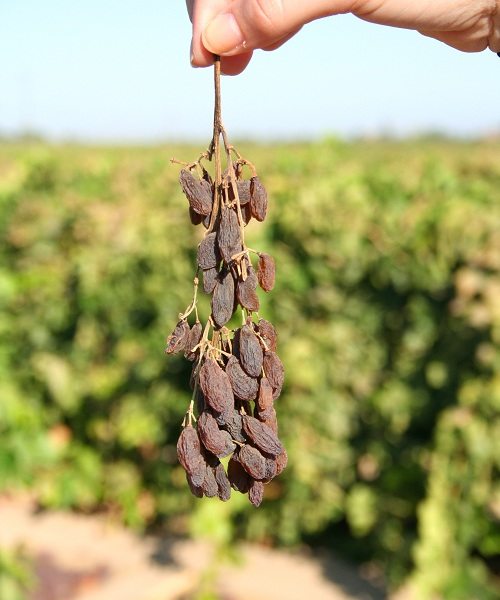
Historians tell us the ancient Phoenicians and Armenians took the first steps in perfecting viticulture, the process of grape growing, and more…
Augustus and Hannibal loved raisins
The Phoenicians and Armenians then began to trade raisins with the Greeks and the Romans. Tasty dried muscats, sultanas, and currants became very popular and in great demand with the Greeks and Romans who ate them in large quantities. As the popularity of the raisins grew, so did their value. Can you believe that in ancient Rome you could trade two jars of raisins for one slave boy? more…
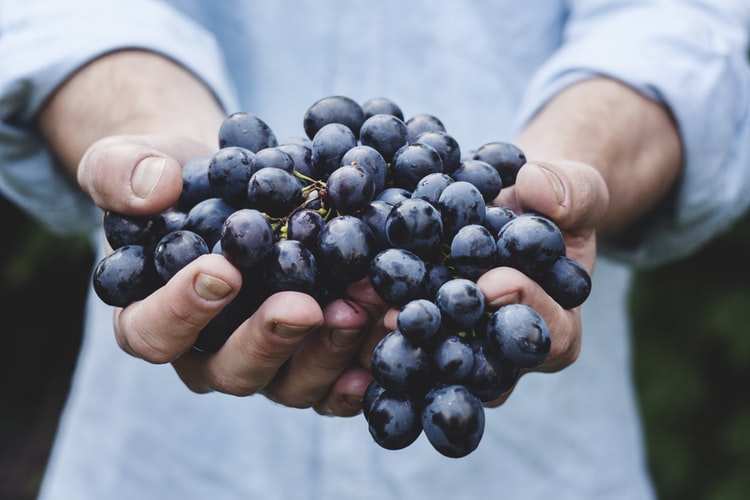
The knights and raisins
For all their popularity, though, raisins were not exported to the rest of Europe. Shipping methods were too poor to maintain the quality of the raisins for long travel.
All of that changed in the 11th century. Knights returning from the Crusades brought raisins back to Europe with them. They had sampled the dried fruit during their travels through the Mediterranean and Persia.
When the knights went home and began to crave raisins, a huge demand was created. Fortunately, packing and shipping techniques had improved enough for raisins to be more…
Raisin in the New World
Grape growing flourished in the climate of the New World areas of Mexico and what is now California. Missionaries sponsored by Queen Isabella of Spain were sent to Mexico to educate the natives about religion. By the 18th century, these influential and powerful padres had established 21 missions as far north as what is now Sacramento (California).
The padres used the majority of their grapes to make sacramental wines, though they also more…
Please for more information or any inquiry click here ……
All Type Of Raisin
-
Golden Long Raisin
Golden Long Raisin also is known as Golden Raisin Jumbo or Kashmari Golden Raisin. As it is clear from its name the color of this raisin is golden. Raisins, in general, are dried grapes.
-
Green Raisins ( Jumbo Raisins ) wholesale price + analysis + sale offer
Green Raisins | Jumbo Raisins : Green Raisins also are known as Green Jumbo Raisin, Kashmari (Kashmiri) Green Raisins and Green Long Raisins. As it is clear from its name the color of this raisin is green. Raisins, in general,…
-
sultana raisin dark brown special wholesale price + analysis + sale offer
This kind is prepared by drying the fruit in full sun and results in a dark color.
-
Sultana Raisin Light Brown Special wholesale price + analysis + sale offer
Sultana Raisins Light Brown are dried Seedless grapes of the Vitis vinifera species. Customers also know this raisin as Malayer Raisin or Seedless Thompson. As it is clear from its name the color of this raisin is light brown. Farmers…
-
Golden Raisin Special wholesale price + analysis + sale offer
This kind is oven-dried and then sulfur is added to preserve its color.


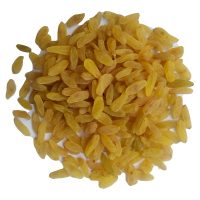
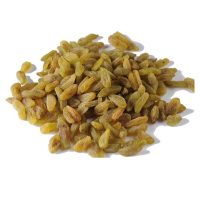
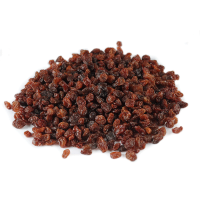
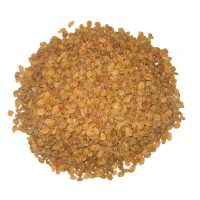
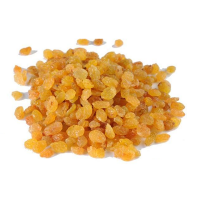
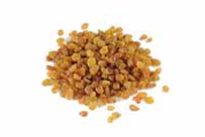
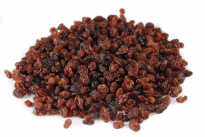
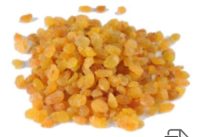

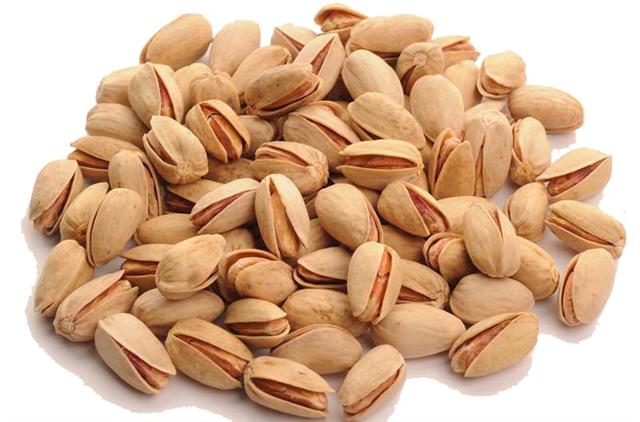
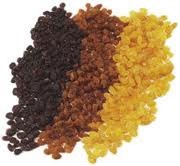 3 kind raisin
3 kind raisin 